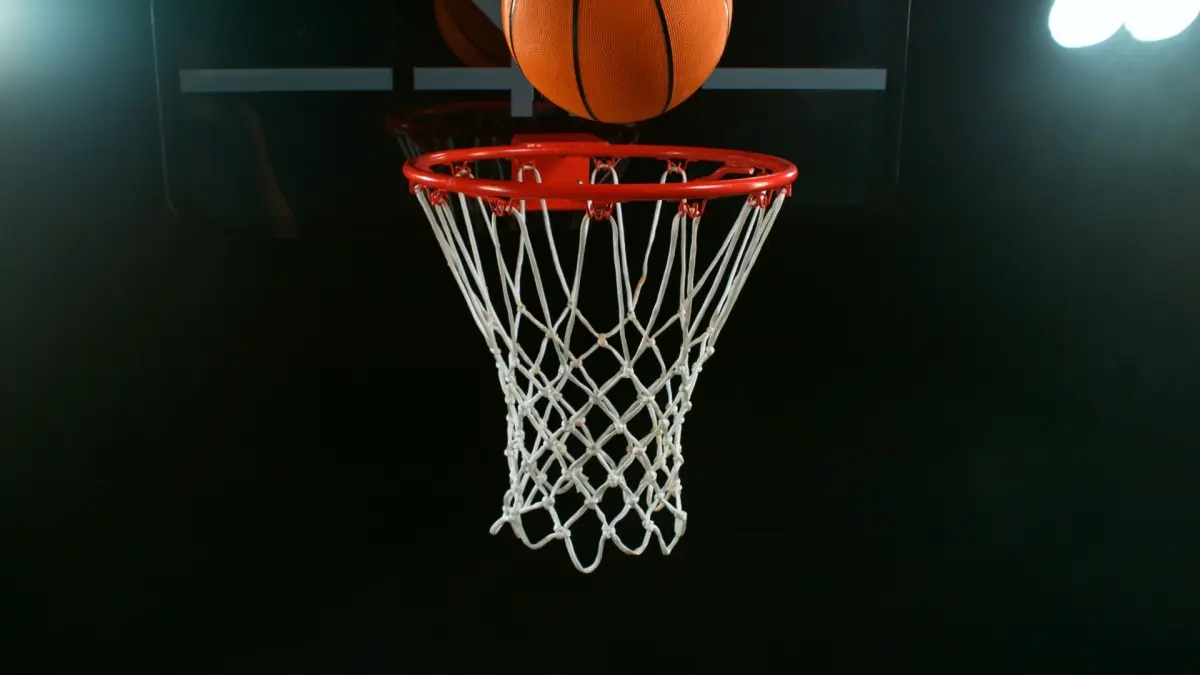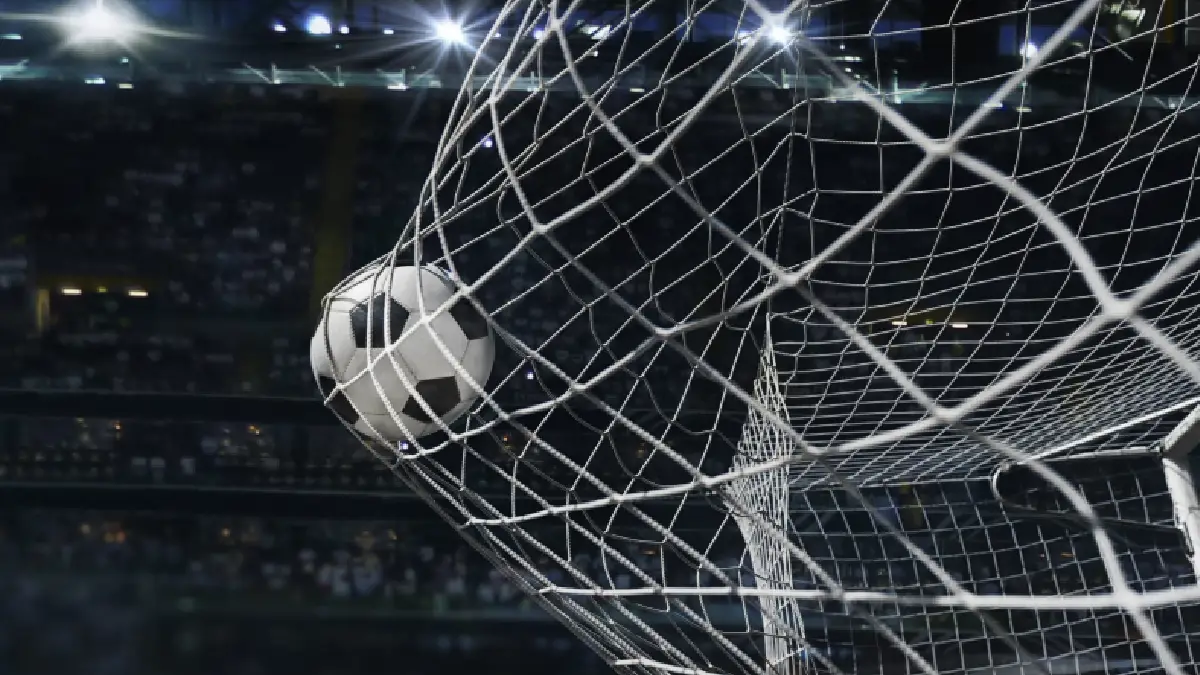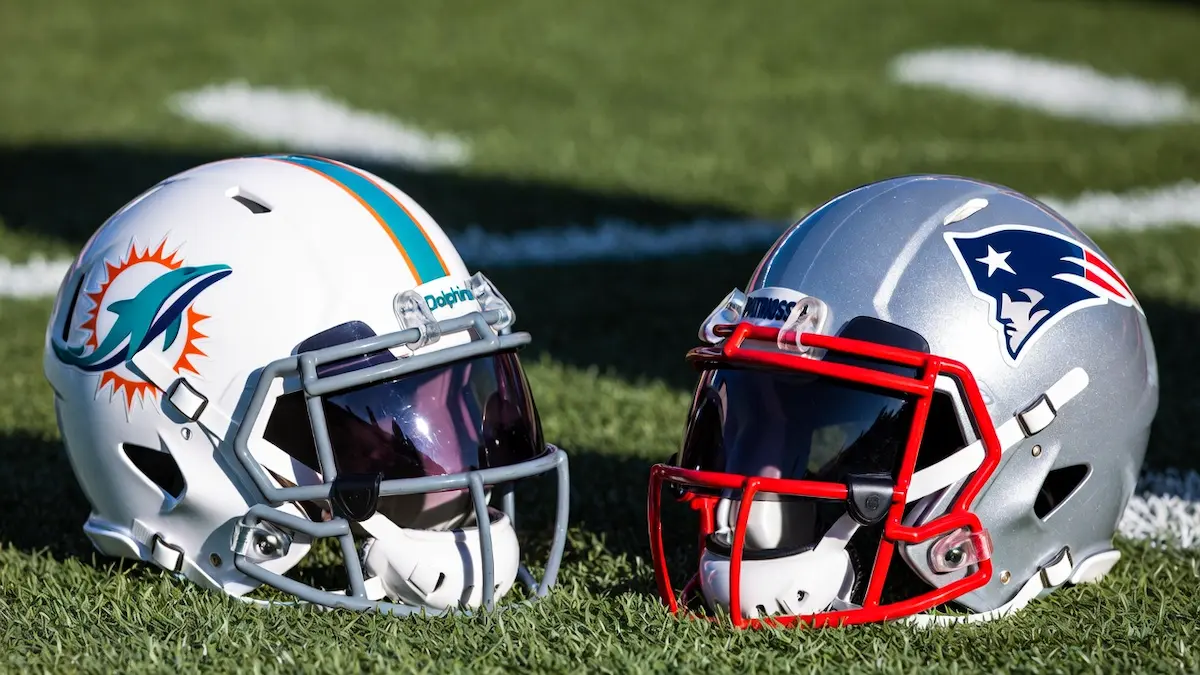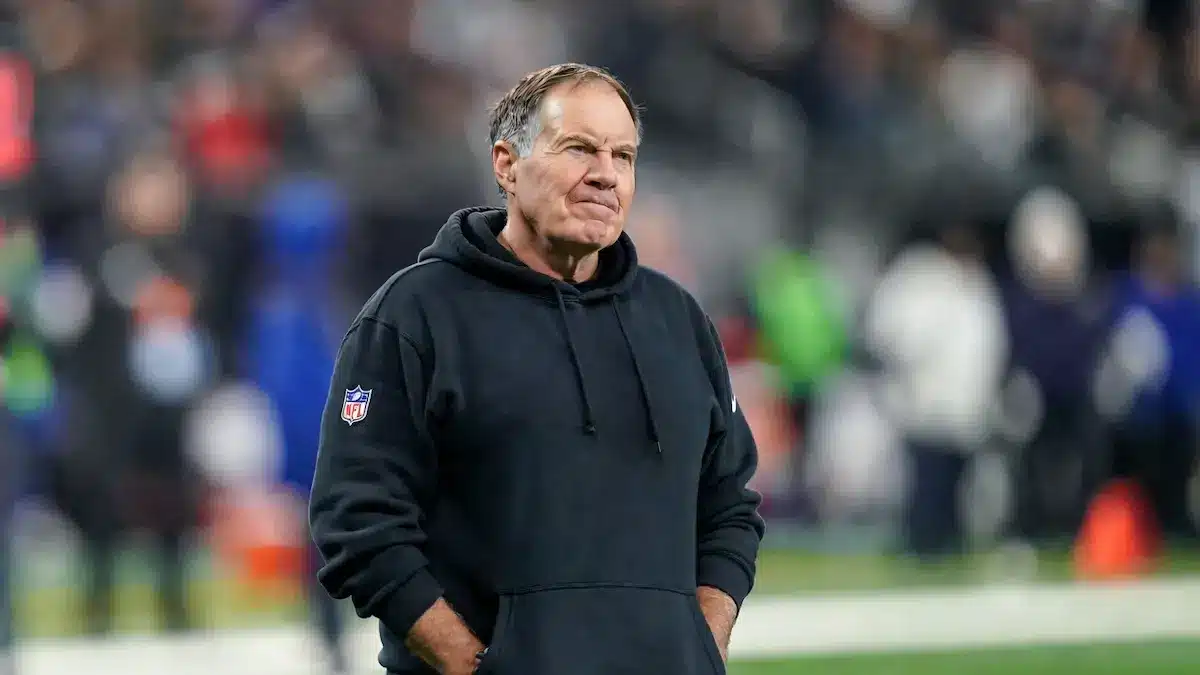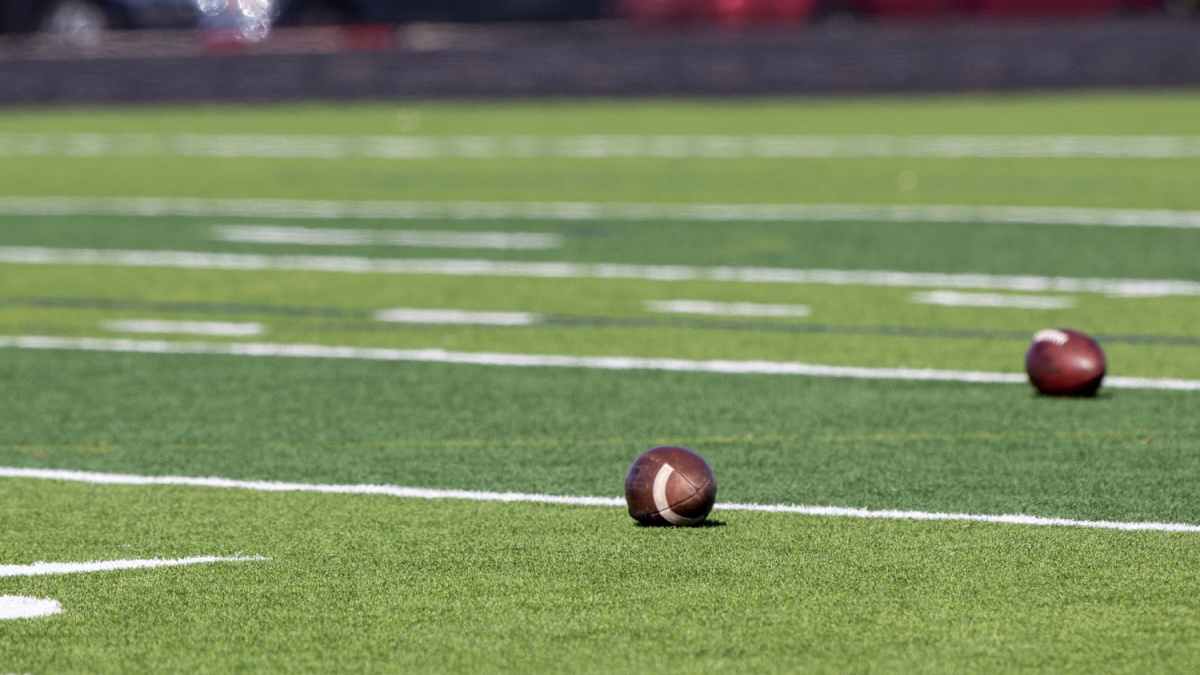The NBA Gambling Investigation and Its Possible Ramifications
The Indictments and the Scandal in Brief According to the New York Times, the following NBA veterans were indicted in...
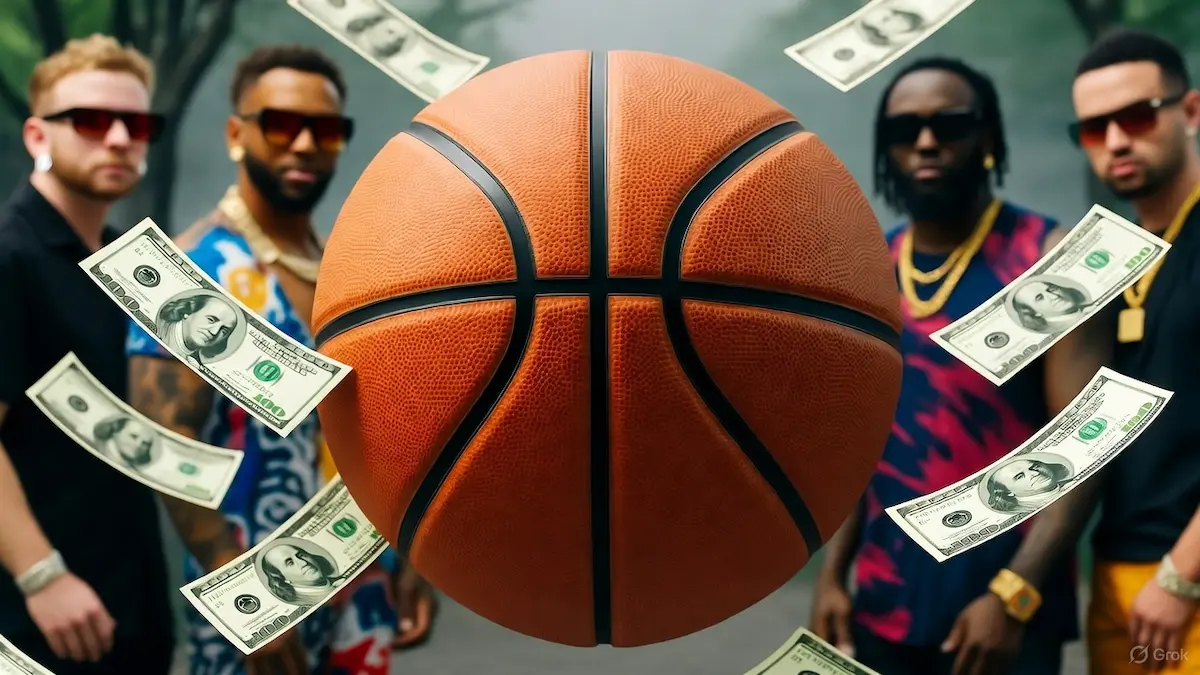
Grok AI
Last updated Oct 26, 8:02am EDT
- A wide-ranging NBA gambling investigation by the FBI ensnared one prominent and two lower-level players
- There are potentially severe ramifications for the entire sport and gaming industry across the spectrum
- The allegations center on proposition (prop) bets, rigged poker games, and connections to alleged underworld figures
- If the claims are proven to be true, the entire U.S.-based wagering industry and every sport upon which it accepts bets could be shaken to its foundation
The Indictments and the Scandal in Brief
According to the New York Times, the following NBA veterans were indicted in the scheme(s):
- Portland Trail Blazers head coach and Hall of Fame player Chauncey Billups
- Ten-year NBA player Terry Rozier, a workmanlike player for a decade, who spent 2024-25 with the Miami Heat
- Journeyman NBA player Damon Jones, who played for 10 teams in 11 years and has nicknames such as “Basketball Jones,” “The Specialist,” “Best Shooter in the World,” and “Dee Jones”
Three others were indicted, described by the Times as “friends and associates.”
The indictment says that they gave inside information to gamblers about upcoming games, were involved in money laundering, and convinced people to use the information to place bets.
For example, if a prominent player was suffering from a lingering injury that had not been disclosed to the media and fans, betters could place a prop bet on their over/under point total, knowing it would likely result in an under.
To make matters worse for Rozier, he is accused of rigging a bet.
Jones is accused of giving information to bettors that a significant player for the Lakers, the team for which he served as an unofficial assistant coach, was going to sit out in a particular game.
Any bettor knows that this is the deepest of inside information that, if it is not made public, can be very lucrative.
In addition, the men took part in illegal poker games run by organized crime families. Players are often used to attract people to play in the games. They are called “face cards.” The games, however, were said to have not been on the up and up with devices used to rig them in favor of the criminal organizations. The athletes were compensated for their participation.
Why Would Men With So Much To Lose Do This?
Basketball-Reference.com says Billups earned $107 million and change in his career. His reported salary as Blazers’ head coach in 2024-25 was $4.7 million. He was entering his fifth year as head coach when the indictments came down. Based on last season’s salary, it’s safe to assume he was making a substantial sum to coach.
Rozier? $135 million and change.
Jones? Nearly $22 million. And if he established himself as a loyal assistant coach, he would always have a job.
Barring a severe personal problem with gambling or drugs, making unwise investments, having numerous children with many women, or going through a financially devastating divorce, they could not possibly need the money derived from a random prop bet.
Bear in mind that the betting sites have failsafes that flag suspicious wagers.
That’s part of the reason this indictment included the prop bets and claims of inside information in the first place.
So they couldn’t bet enough on those bets to make a major difference in their finances.
Those who are wondering why people who were in the NBA either as a star, a starter, or a constellation around stars and starters in their professional career would take part in this scheme when, by all reasonable measures, they did not need the money, there’s an answer.
Radio host and broadcaster Craig Carton — himself an admitted compulsive gambler who ended up in jail — explains it thusly:
They’re helping their buddies make a few bucks as an exchange of services, out of loyalty, because of blackmail, due to threats, or by being stupid.
And What of the “Face Card” Accusations and Consorting with Gangsters?
These are relatively young men who grew up playing Grand Theft Auto. They saw too many episodes of The Sopranos and Power in which criminals are treated as heroes. Some flew close to the flame of criminality, playing a role they could not otherwise play. Perhaps they had what they thought was a layer of protection from outsiders who meant to do them harm. They thought that as long as they were getting paid and were not intimately involved in the nuts and bolts of the scam that they were immune to legal consequences.
Unless you watch Oz, you don’t know or understand what prison is really like. The men they’d be sharing accommodations with do not care that they could dribble a basketball. It ain’t a luxury hotel, and it’s not honorable to go to jail for someone else’s behavior.
How Does This Affect U.S. Betting Sites?
Online sports wagering has become a multi-billion-dollar industry. It is now an ingrained part, if not the primary focus, of every event from darts and table tennis to the Super Bowl, World Series, and NBA Finals.
It’s not an exaggeration to say that every third commercial during a sporting event is for a beating site. Hollywood stars promote them. They prominently feature, you guessed it, prop bets. Every news entity and sports program has gambling sponsors. Players are featured in the ads.
This is happening while people involved with the teams in any capacity, and especially players, coaches, and managers, are banned from putting their own money on games for obvious reasons. The same reasons that are laid out in the Billups/Rozier/Jones indictment.
If there’s a dollar to be made and steps available to all but guarantee a profit, there will be people trying to take advantage of that opportunity.
Still, prop bets are a problem due to the easy ways to manipulate them. How many times has a player had an over/under bet in points available, be a basket or two away from surpassing the necessary number for those who took the over to win, and those betters were forced to watch angrily as that player sat out the fourth quarter for “load management?”
What about the player who suddenly has a back injury or a sore knee?
They’re not all going to get caught.
MLB is dealing with a gambling investigation of its own. Cleveland Guardians’ pitchers Emmanuel Clase and Luis Ortiz are facing questions about individual pitches thrown. People can bet on a strike or a ball if they choose to. The same type of algorithms that wagering sites use to formulate odds also catch suspicious wagers in real time. They flag them and notify league investigators.
Changes Are Coming
To address this, the leagues will never abandon their association with the online bookmakers. It’s too intricately entwined by now. However, it will initiate a no-tolerance policy with its players and employees. If they’re caught in this web, they will face a lengthy suspension, if not a permanent expulsion. Owners, who are lining their pockets with the advertising money from the bookmakers, will put it in players’ contracts that if they’re caught up in this level of scandal, their contracts are null and void.
The betting sites will also need to tweak their business model and fine print accordingly to avoid a catastrophic class action suit from another scandal worse than this one, which will happen sooner rather than later.

 0
0

